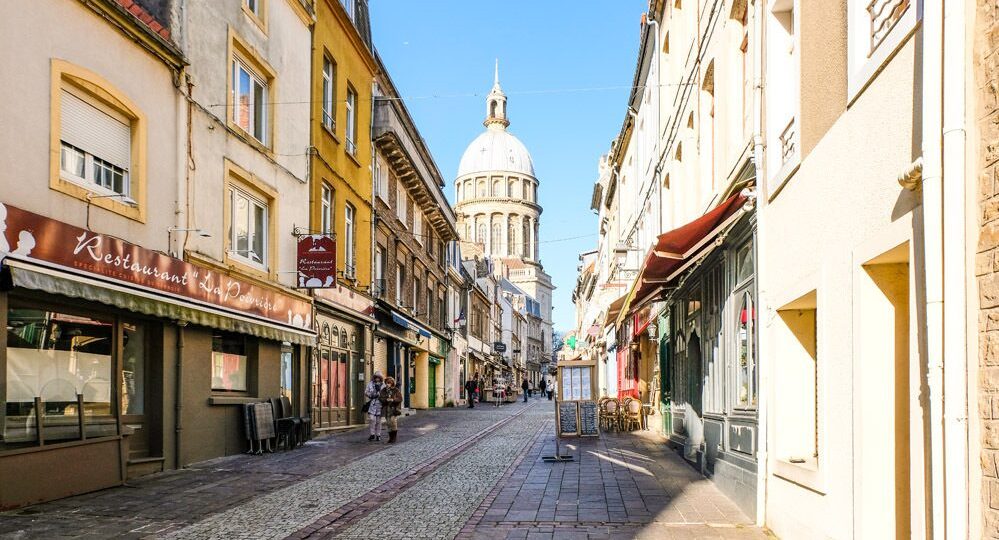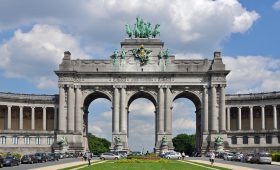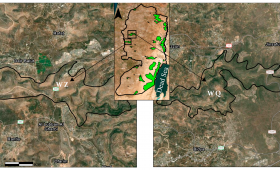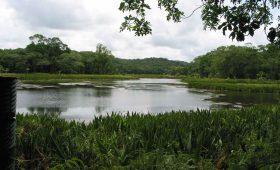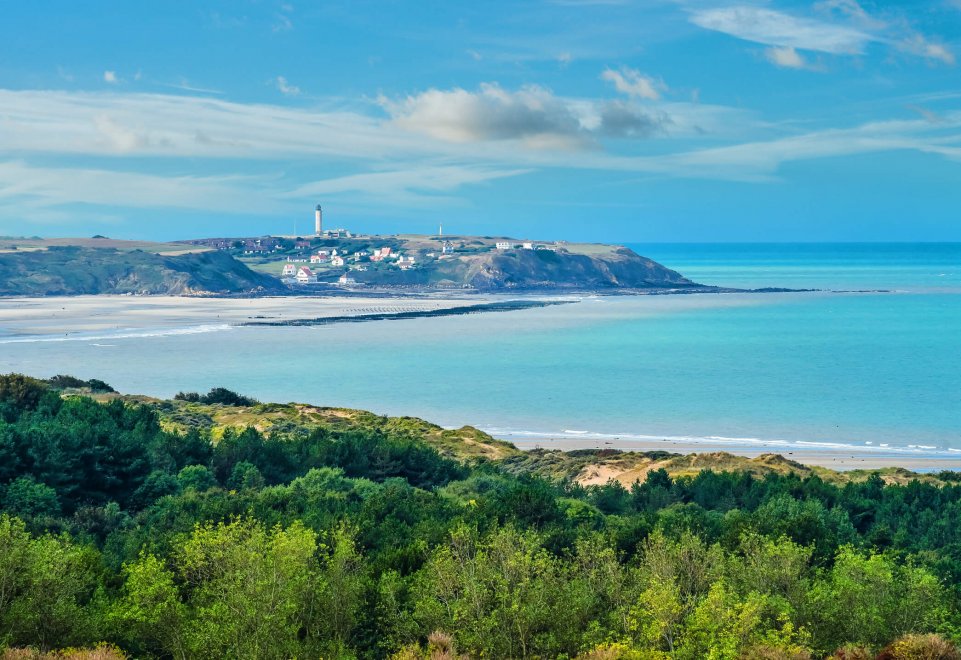
Welcome to Boulogne-sur-Mer
Boulogne-sur-Mer, a vibrant coastal town in northern France, is known as the “capital of the Côte d’Opale”.
Getting to Boulogne-sur-Mer
Traveling to Boulogne-sur-Mer is straightforward. The town is accessible by car via the A16 motorway, with several exits leading directly into the city. For those who prefer rail travel, direct trains connect Boulogne-sur-Mer with Calais, Lille, and Paris. The main station, Gare de Boulogne-Ville, is conveniently located just a ten-minute walk from the city center. If you’re coming from further afield, the town is about a 30-minute drive from the Port of Calais.
Exploring Boulogne-sur-Mer
Old Town – A Historical Journey
The Old Town, or Upper Town, is a must-visit area enclosed by impressive 13th-century ramparts. These fortifications are among the best-preserved in northern France and offer a scenic promenade with views of the town and gardens. The centerpiece is the Basilica of Notre Dame, with its striking 101-meter dome. The basilica’s crypt, the largest in France, spans 1,400 square meters and offers a fascinating glimpse into the past. Nearby, the 13th-century castle houses a museum with a diverse collection of artifacts, including Alaskan masks and Greek ceramics.
Nausicaá – The National Sea Center
Nausicaá, located in the New Town, is Europe’s largest aquarium and a leading marine conservation center. It hosts over 58,000 marine animals, including sharks and sea turtles. The center is not only a place for entertainment but also plays a significant role in marine education and conservation efforts.
Street Art and Cultural Highlights
Boulogne-sur-Mer is a canvas for street art, with 27 vibrant murals scattered throughout the town. This open-air gallery features works by artists from around the world, offering Instagram-worthy spots at every turn. The town’s cultural scene is further enriched by its historical landmarks, such as the 12th-century belfry, a UNESCO World Heritage site.
Beaches of Boulogne-sur-Mer
Boulogne-sur-Mer boasts its own beach, equipped with amenities like lifeguards and children’s clubs. However, locals often favor the nearby beaches at Equihen, Le Portel, and Hardelot for their clean sands and stunning views of the English Channel. These beaches are ideal for a relaxing day by the sea, with activities like beach volleyball and sand yachting available.
Best Time to Visit Boulogne-sur-Mer
The best time to visit is during the summer months from June to September when the weather is warm and perfect for outdoor activities. For a quieter experience, consider visiting in spring or autumn when the town is less crowded, allowing for a more relaxed exploration.
Local Transportation
Walking – The Best Way to Explore
Boulogne-sur-Mer is compact, and most attractions are within walking distance. Walking allows you to fully immerse yourself in the town’s ambiance and discover its hidden corners.
Public Transportation – Convenient Options
The town boasts an extensive bus network that connects various suburbs and satellite towns. Buses are a reliable and affordable option for those who prefer not to walk or wish to explore further afield.
Local Cuisine
After exploring, indulge in local delicacies like the tarte au papin, a beloved pastry also known as tarte à gros bords or tarte au libouli. For an authentic taste, visit the renowned Boulangerie Lestienne in Boulogne-sur-Mer.
Summary of Facts
- Boulogne-sur-Mer is a coastal town in northern France.
- Accessible by car, train, and from the Port of Calais.
- Key attractions include the Old Town, Nausicaá, and nearby beaches.
- Best visited in summer, with quieter options in spring and autumn.
- Walking is ideal for exploring, with public transportation available.
- Don’t miss the local tarte au papin for a true taste of Boulogne-sur-Mer.

